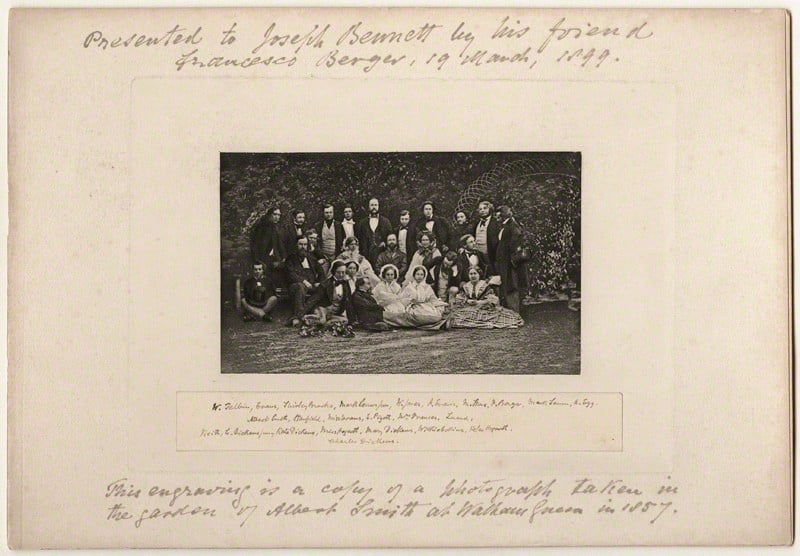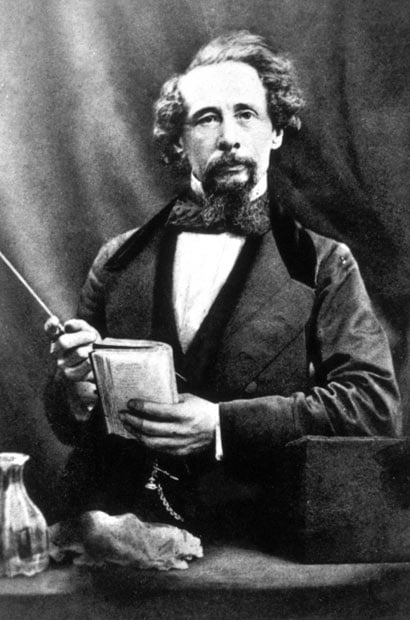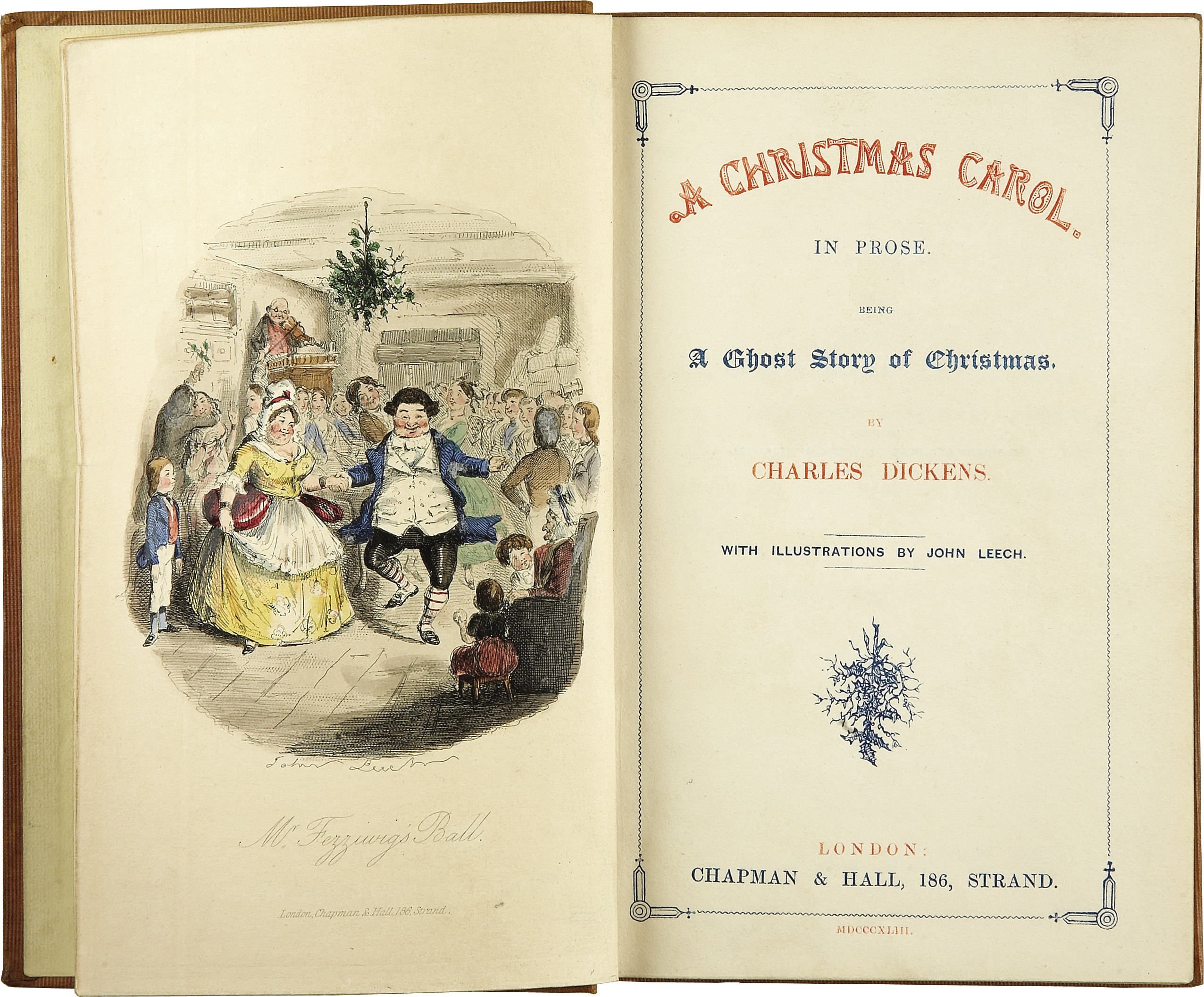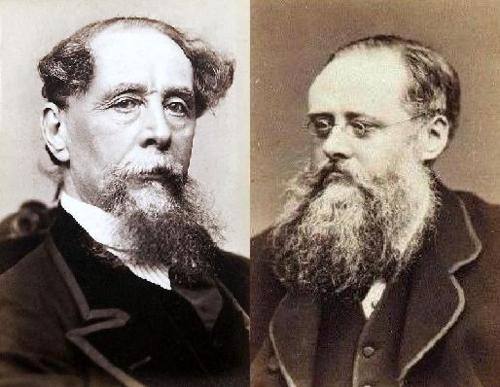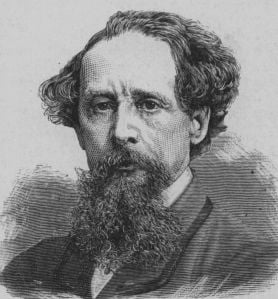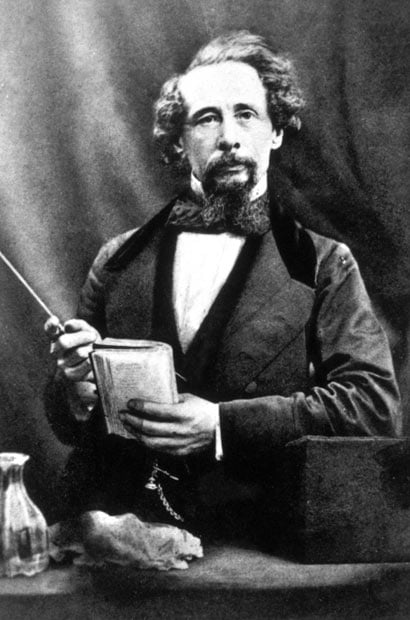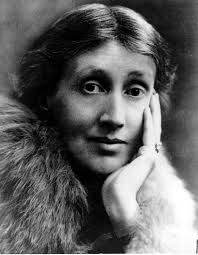When J.K. Rowling, author of the famous Harry Potter series, admitted that she wrote The Cuckoo's Calling under the pseudonym Robert Galbraith, the world was in uproar. It should come as no surprise that Rowling would choose to write under a false name, though. After all, she originally hid her identity by writing as J.K. Rowling—rather than using her full name, Joanne Rowling—and she's not the first legendary author to use a pseudonym.
us toll free: 1-800-948-5563 international: +1 (843) 849-0283 UK: +44 (0) 1334 260018





